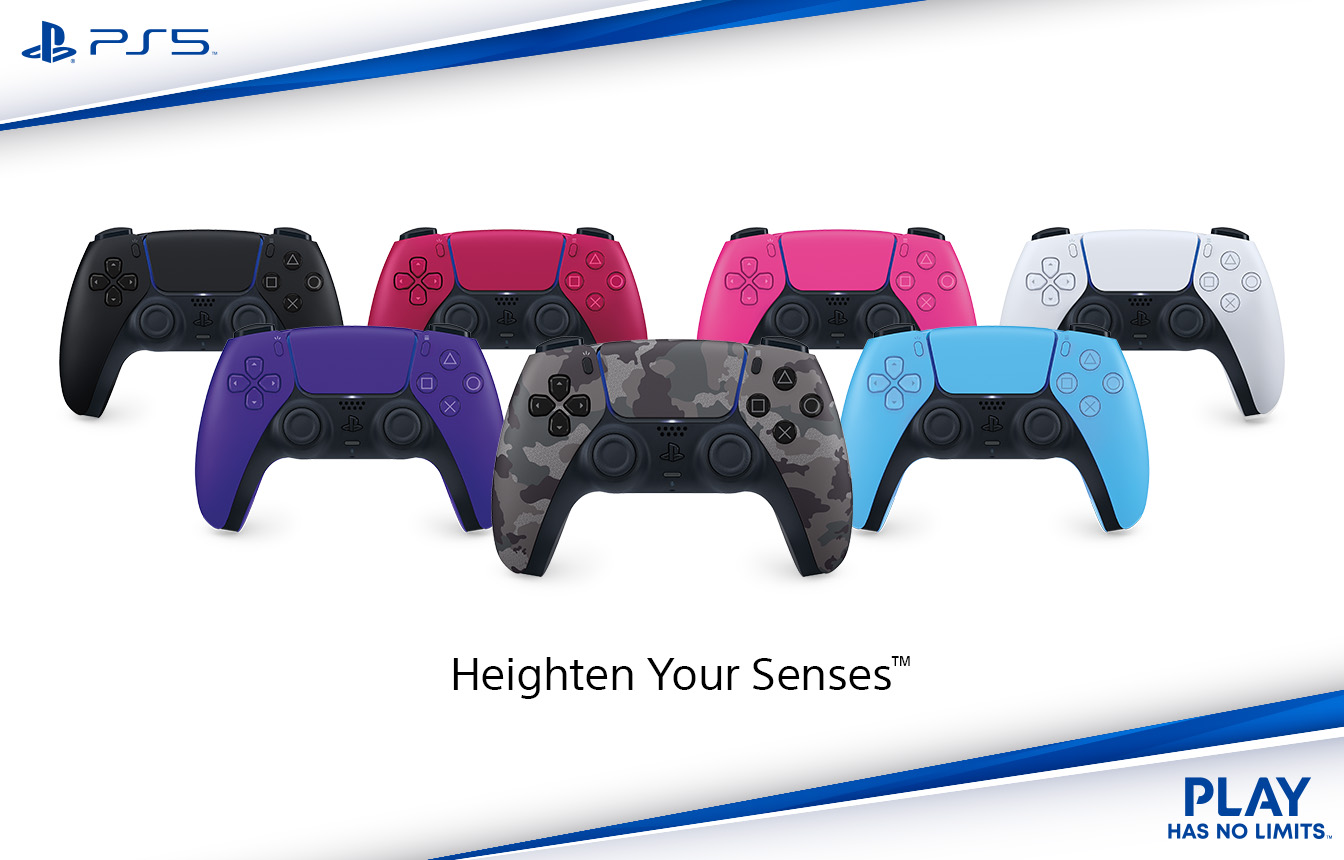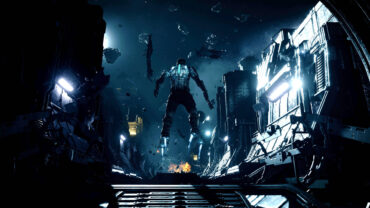A gaming industry centered around multiplayer and live-service experiences is a depressing thing if it means sacrificing the narrative-driven, single-player adventures that turned many of us into gamers in the first place. A structured, solitary journey is sometimes all you want, but this very strategy wasn’t quite enough to keep my attention in Metro games past. Metro Exodus’ answer to this attention deficit dilemma was to open the series up more than ever before, a leap that was as risky as it was necessary.
In order to grow, Metro Exodus first needed to crawl out from the series’ subterranean setting. The game starts by catching up with returning protagonist Artyom, who—much like the player—is finally fed up with being stuck in a metro beneath the radioactive ruins of Moscow. During one of his latest attempts to find other civilizations, Artyom uncovers a conspiracy that forces him and a small handful of friends to flee the metro and trek out into a dangerous and mutated world—something this saga badly needed, even if it makes the series’ title a bit of a misnomer going forward.
Exodus takes place over one year, with each season challenging the group in new ways. Like our heroes, the story’s mission structure has a lot more room to breathe in this new outing, as each chapter takes place in a different open environment, ripe for exploration. More cinematically inclined story missions occasionally punctuate the free roaming to keep an enticing pace, but most of the player’s time is spent traversing apocalyptic landscapes, knocking out side quests that pop up along the main mission path.
The expansion was made possible by shifting from the dark tunnels and snowy cityscapes of early games to more scenic environments like deserts and wetlands. Even in their dilapidated state, these new environments have a sinister beauty that players will want to stop and take in when not worrying about being gutted by surrounding monsters.
The group that joins Artyom in rediscovering this Russian frontier is an elite military squad known as the Spartans, including Artyom’s wife and father-in-law. The different personalities on display have the potential to be endearing, particularly during the moments of respite between missions, but the game’s technical execution robs them of this. Decent voice acting can’t save any of the squad from their awkward dialogue and ridiculous over-gesturing as if they’re trying to pantomime their message. The issue isn’t helped by the group constantly talking over one another, turning many discussions into incomprehensible babble.
If only there was someone to anchor down all the careless dialogue. Normally, that’s the protagonist’s job, but once again, Artyom wasn’t up to the task. Silent protagonists are almost never the optimal choice for video game storytelling, but it feels even worse than usual in Exodus. Artyom’s failure to contribute makes him feel like a passive observer in every conversation, even those where he is only one of two participants.
Other characters generally don’t even pull the common trick of pretending like the main character responds, and instead just plug along with the conversation without waiting for a reply. This makes even the most emotional moments impossible to connect with, as Artyom’s wife rambles on about her love for him without ever letting him get a word in edgewise. One of the strangest things about the whole situation is that Artyom can definitely talk, as he voices the loading-screen plot synopses, but he simply refuses to pipe up in-game.
It’s when Artyom gets away from this group and out into the solitude of the wilderness that it becomes much easier to connect with the character. Due in part to its stellar visual design, Exodus continues the series’ tradition of giving the player a distinctly visceral sense of presence in the world. Everything, from how Artyom builds up speed to sprint to how he wipes water off his goggles, helps dissolve the barrier between player and character. Whatever else the game’s faults, it’s one of the few first-person games that make you feel like the man behind the gun rather than the puppeteer controlling him.
This bond is strengthened by the attention Artyom’s survival demands. Sure, bad things need to be shot, but there is much more to staying alive than that in Exodus. Players unlock various survival gadgets and tools along the way, and none can be taken for granted. The gas mask is essential for radiation zones, but its filters need constant refilling, and if it gets cracked from taking damage, it’ll be harder to see until it’s repaired. Even something as imperative as a flashlight can fail you if you don’t attend to it with regular recharges. Survival feels much more earned when the very tools meant to keep you alive seem more fragile than you are.
Part of this survival management metagame is crafting with materials scavenged from the environment, and while the game’s overarching survival system is complex, this segment definitely isn’t. There are only two different types of materials needed to craft resources, and the simplicity of it fits the experience perfectly. Crafting in games with dozens of different materials often feels like a chore, but Exodus doesn’t suffer such overindulgence. The materials are rare enough to not take away from the surprisingly effective tension of the game’s suspenseful atmosphere, it just doesn’t waste our time with a need for 20 different compounds to make a damn bullet.
The other side of this crafting system is the equally impressive and streamlined weapon customization. There are only a handful of base weapon types in the game, but each one serves as a modular foundation for a much more extravagant killing machine. After finding templates out in the wild, the frames can support any applicable mod, thus adjusting its stats and operational usefulness. Some mods are pretty significant, even shifting some weapons into a different class, like equipping a stock, scope, and long barrel to a revolver that dreams of being a sniper rifle. Beyond its breadth of options, what makes the customization truly great is its flexibility. It costs the player nothing to mix and match mods, incentivizing experimentation, and modding can even be done out in the field, allowing Artyom to retask whatever weapons he’s holding for the situation at hand.
It’s a good thing weapon editing is so accommodating, because the use of said weapons needs all the help it can get. This isn’t to say the weapons are bad—more like Artyom is bad at using them. Even after maxing out the game’s sensitivity options, the character’s turning speed is still leagues below what is standard for console shooters. The sluggish aiming kills a lot of the excitement and urgency in gun fights, whether it be against the bandits and lunatics that constantly harass the group on their journey, or against the packs of mutated beasts that prowl the landscape.
With open combat often proving to be a headache, players may seek refuge in Exodus’ suite of stealth mechanics. It’s clear that Exodus takes this gameplay dynamic seriously, with its visibility indicators, opportunities to deactivate light sources, and selection of silent takedowns—both from range and up close. What it lacks, however, may be the most integral feature for stealth games, which is a marking system.
Sensory functions in other stealth games that give full awareness of a large area can be too patronizingly simple, but the inability to catalogue targets in a condensed area can make choosing stealth a frustrating exercise in trial and error, compounded by the erratic behavior of the enemies. Unpredictability can be a welcome quality in opponents you want to challenge you, just not like this.
No matter which approach you choose, open combat or stealth, the experience is still mired by the enemy AI. When in open conflict, humans and monsters alike struggle to navigate even the most basic terrain, and watching them try to acquire you as a target is even more pathetic.
They’re a little less incompetent when not alerted, but still just as mercurial, prone to random hard turns just as you’re lining up a shot, which then predictably misses and sends everyone into a frenzy. However, the relatively stiff aiming and absurd AI can ironically come together to make something halfway passable. The cluelessness of hostiles makes them slow enough that shots are easier to line up for players more accustomed to twitchier shooters, but the higher the game difficulty, the more you’ll curse this aiming limitation.
Combat and stealth are not the game’s greatest strengths, but despite these being its core pillars of gameplay, Exodus still managed to keep my attention. The frustration and atmosphere fuse together to create a tension possibly more effective than what was originally intended. You expect the next encounter to challenge you, not just because you’re low on resources, but because the controls are too slow to track the mutant wolves trying to rip you to shreds. And before the fury from the game getting you killed sets in, the generous quick-save has you back on track.
It’s a bizarre balance, admittedly, but Exodus’ failings aren’t enough to quell the curiosity that comes from wanting to see what environment, weapon, monster, or even ridiculous design bug you’ll find next. While there’s much to complain about here, there’s much to appreciate as well, and in a game about setting sights on the horizon, it may be prudent to expect some of its issues to be fixed down the line. Out of respect for an experience venturing out of its comfort zone without succumbing to compromise, I’ll take a ticket.
|
★★★☆☆
The journey of Metro Exodus is more rollercoaster than train ride, with peaks and troughs rather than a steady level of quality throughout. Its technical issues make the product feel rushed, but these are worth suffering for a series that’s ultimately heading down the right track. |
Developer 4A Games Publisher Deep Silver ESRB M - Mature Release Date 02.15.2019 |
| Metro Exodus is available on PlayStation 4, Xbox One, PC. Primary version played was for PlayStation 4 Pro. Product was provided by Deep Silver for the benefit of this coverage. EGM reviews on a scale of one to five stars. | |
Nick didn’t start gaming until mid-2006. Once his parents finally allowed a console into the house, it was all uphill from there. Starting out with a PS2, he grew an affinity for Sony consoles and moved on to the PS3, and now the PS4. He keeps his gaming palette wide, but, gun to his head, he’d have to say shooters are his genre of choice.





